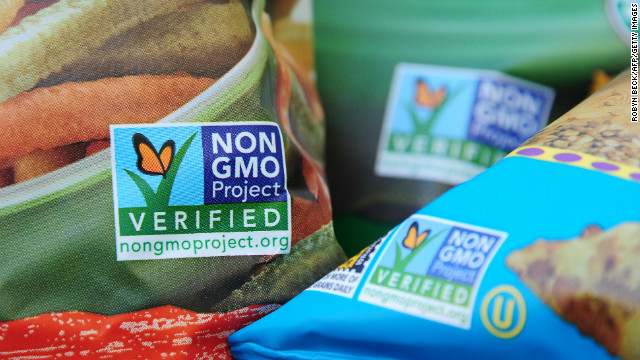Argument between Organic and GMOs in California
March 11, 2019
Despite being the home to the first GMOs sold commercially, California has the most organic farms in the United States. How does this affect the market, and how has this heightened the argument of GMOs over organic produce?
A GMO (or genetically-modified organism) is an organism that has had its genomes changed in some way unnaturally, whether the DNA of the crop is edited, deleted, or synthetically made in a lab. According to Your Genome, “by changing an organism’s genome we can change its characteristics.” The modification in labs allows greater control over production, rather than through selective breeding. In the U.S., over 93% of corn and soy plants were genetically modified in some way.

Naturally, U.S. citizens are concerned about what they are eating, and the biggest place for debate is in the state that has the most farms that use GMOs: California. In 2018, Proposition 37 was proposed, requiring companies to label whether it was genetically modified or organic. According to BallotPedia, it was defeated, with 57.4% of the votes against the proposition.
According to the Press-Enterprise, “In California, 733,541 acres are used for pasture/rangeland and 336,409 acres are crops. Organic farmland in California accounted for about 4 percent of all acres.” There are significantly more farms that use GMOs than have organic produce, however, the demand for organic products has risen since the production of genetically-modified crops. ABC News said, “Instead 52 percent believe such foods are unsafe, and an additional 13 percent are unsure about them.”
The debate over GMOs and non-GMOs has only grown more controversial since the first production of genetically-modified tomatoes by Slvr Flvr in 1994, and companies like the Non-GMO Project have had influence over the market and consumer’s opinions. California has become a battleground for arguments over GMO consumption and production. According to the Washington Post, Jonathan Foley’s opinion might help settle this argument. He adds that “Far more education about genetically modified foods, as well as more public investment into research — particularly in those areas that large companies are neglecting.”












